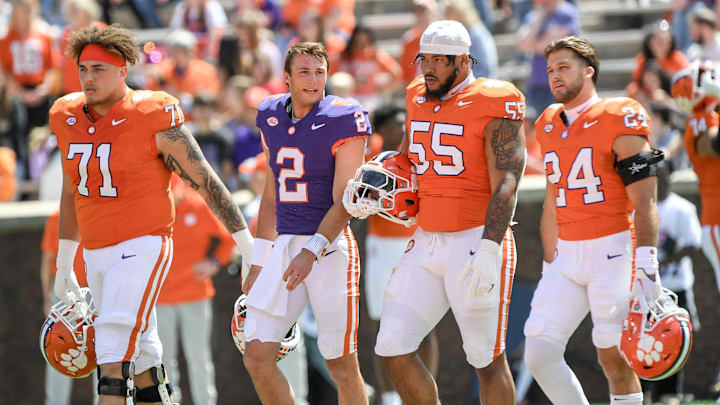College sports as we know them are about to change. How much are they going to change? We aren’t sure yet.
The proposed settlement in the House vs NCAA court case has been approved by two of the Power conferences.
The Big 12 had approved the proposal on Tuesday, followed by the ACC. The SEC and Big Ten are expected to follow suit this week.
House vs NCAA is a case brought by former athletes who were barred from earning NIL when they played for NCAA programs. The proposed settlement will encompass two different aspects of the case.
The first will be retroactive. Former students will be awarded damages to compensate them for the NIL revenues they missed out on because of NCAA rules that prevented such business deals at the time. The expectation is that if this case (and some others) went to trial, those rules would be found to be violating anti-trust laws all along, whether anyone realized it at the time or not.
The second component will be how the NCAA operates moving forward, and a big part of that will be revenue sharing. Schools will be allowed to share up to $20 million with athletes.
The settlement does not declare the student-athletes as employees and would not include collective bargaining. The revenue sharing would be voluntary. Schools would not be required to share revenue, nor would they be required to share all $20 million.
This settlement will be a big change for college athletics, but many questions remain.
Next: Will the revenues be shared equally? What happens to NIL?
